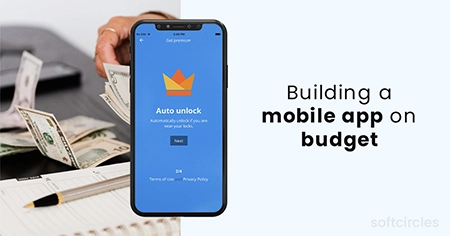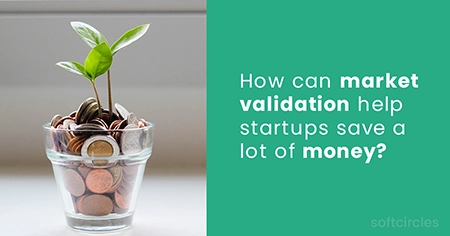The short answer? Yes. When done well, SEO drives sustainable growth and high-quality traffic without the constant top-up required by paid ads. The longer answer? It depends on who’s executing it—and whether they’re building a real strategy or just ticking boxes.
SEO Has Changed—But It’s Not Dead
Every few months, someone writes a hot take claiming SEO is obsolete. Usually, it's right after a major Google algorithm update or the release of some flashy new AI tool. But the reality is more nuanced: SEO hasn't died—it’s evolved.
What works in 2025 isn’t the same as what worked in 2015. Or even 2021. Keyword stuffing, spammy backlinks, and thin content? All outdated. Today’s search ecosystem rewards something else entirely:
- Topical authority over raw volume
- Genuine expertise over regurgitated fluff
- User intent over vague optimisation tricks
The businesses that win now are the ones who build real content, backed by technical excellence and brand trust. That’s where working with performance-first agencies like www.clickslice.co.uk becomes a strategic advantage. Clickslice focuses not just on rankings—but on what those rankings mean for your pipeline, revenue, and long-term digital equity.
The Real Cost of Getting SEO Wrong
Let’s be blunt. Most companies don’t ignore SEO—they just implement it badly.
They outsource to low-cost vendors who churn out templated blog posts. They build links from irrelevant domains. They get caught up in vanity metrics (like traffic spikes) without asking: Is this moving the needle for our business?
Here’s what that leads to:
- Flat or declining search visibility
- High bounce rates from mismatched traffic
- Zero correlation between organic growth and lead quality
- Internal mistrust in SEO as a channel
HCompare that with the right approach: targeted content that speaks directly to your ICP, technical SEO that removes friction from Google’s crawl, and authority-building strategies that make you the go-to name in your niche.
Agencies like Clickslice don’t just understand SEO—they understand business outcomes. And they align their work accordingly.
Why Trust Signals Are the New SEO Battleground
Google’s shift toward E-E-A-T (Experience, Expertise, Authoritativeness, and Trustworthiness) has fundamentally reshaped how content is evaluated and ranked. It’s no longer enough to write a 2,000-word blog and sprinkle in some keywords. Search engines—and your customers—want to see real credibility. That means including author bios, linking to reputable sources, showcasing testimonials, and demonstrating firsthand experience wherever possible. These trust signals don’t just boost rankings—they help convert. Because people don’t buy from rankings; they buy from businesses they trust. Strong SEO in 2025 builds that trust at scale.
The Role of AI in SEO Strategy (Hint: It's Not a Replacement)
AI tools are undeniably changing how SEO is executed—from content generation to SERP analysis. But here’s the catch: AI is a tool, not a strategy. You can automate metadata or cluster keywords, but AI can’t replicate human insight, brand nuance, or real-world experience. Not yet, anyway.
The best SEO strategies in 2025 integrate AI, but they don’t lean on it blindly.
SEO vs Paid Ads: Which Delivers Better ROI?
The classic comparison. Paid search offers speed—you can bid your way to visibility. But you’re renting attention. As soon as the budget stops, so does the traffic.
SEO, on the other hand, compounds. Yes, it takes longer to build. But the ROI curve is exponential.
Here’s a simplified contrast:
| Channel | Speed | Cost | Long-Term Value | ROI Potential |
|---|---|---|---|---|
| Paid Ads | Fast | High | Low (short-lived) | 200–300% |
| SEO (done right) | Slower | Moderate | High (builds over time) | 400–1000%+ |
What makes the difference isn’t just whether you do SEO. It’s whether you do it with a long-term mindset and a high-performing team behind you.
What Executives Should Expect From a Modern SEO Strategy
If you’re leading a business in 2025, here’s what your SEO should be doing:
- Driving qualified traffic from bottom-of-funnel and high-intent keywords
- Improving domain authority by earning backlinks from relevant, credible sites
- Creating conversion-ready content that aligns with your sales cycle
- Optimising technical performance for mobile-first indexing, core web vitals, and crawl efficiency
- Delivering clear reporting that maps traffic to leads and leads to revenue
Final Thought: SEO Is a Business Decision, Not a Marketing Tactic
Organic search shouldn’t sit quietly in your marketing stack, disconnected from business strategy. It is a business strategy—when you commit to it.








